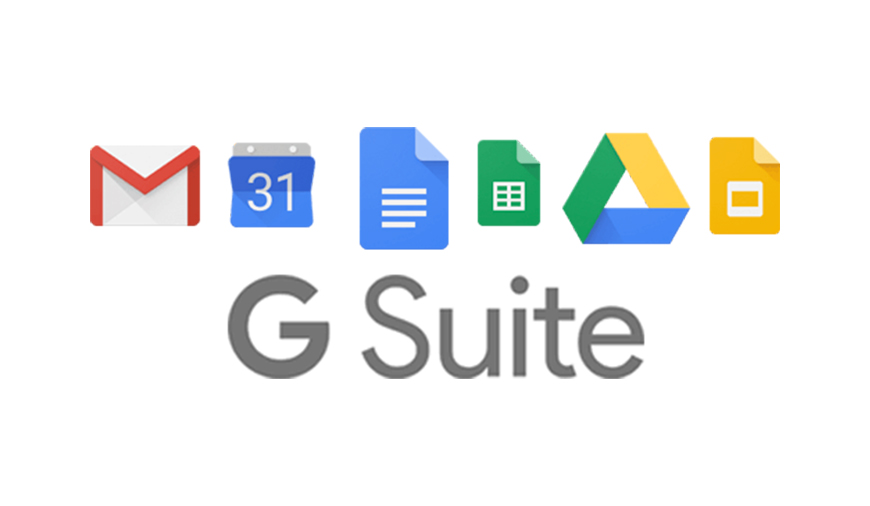

- #G suite screensteps verification
- #G suite screensteps password
- #G suite screensteps free
- #G suite screensteps windows

In the Allowed senders section, we recommend you select Only address in my domains or Only registered App users in my domains. Click on the Routing section of the Gmail settings page, then scroll down to the SMTP relay service, and click ADD ANOTHER RULE.Select Apps > Google Workspace > Gmail from the left panel.You may consider configuring the Gmail SMTP server instead.
#G suite screensteps free
Please simply follow the instructions below:įor the legacy free edition of G Suite, the feature is not available yet. Authenticated with the IP address or a valid user sign-in, this option is both secure and easy to configure. The Google Workspace SMTP relay service allows CubeBackup to send email reports and other notifications to your mailboxes. In addition to Google SMTP service, you can also route the email reports through your own company’s SMTP server.Īfter configuring your custom SMTP server, you can click send a test email to verify that all settings are correct. If Custom SMTP server is selected in the Send email via dropdown list, the overview will be sent through your own mail server and therefore be completely private.
#G suite screensteps password
Finally, click GENERATE.Ĭopy and paste the displayed password into the CubeBackup console and send a test email to verify that all settings are correct. Under “Signing in to Google”, select App passwords.Īt the bottom, click Select app and choose “Mail”, then click Select device and choose the device you’re using. In that case, please contact your domain administrator to enable it or proceed with Solution 2.
#G suite screensteps verification
If you don’t have this option, it may be because 2-Step Verification has not been set up in your domain. Under “Signing in to Google”, select 2-Step Verification and follow the on-screen steps to enable it.

CubeBackup supports sending the backup/restore email reports through, Gmail SMTP service, your own SMTP server, or Google Workspace SMTP relay services. Not only can you configure the email reports to be generated Daily, Weekly, or Monthly, you can also select which mail service will be used to send the reports. If CubeBackup runs on Linux, please open a bash shell and use sudo -u cbuser /opt/cubebackup/cbackup sendMailReport SMTP settings For example: “C:\Program Files\CubeBackup4\bin\cbackup.exe” sendMailReport
#G suite screensteps windows
If CubeBackup runs on Windows, please run this command in a Windows Command Prompt using an Administrator account. This command requires special privileges: On Linux, the cbackup file is usually located in the /opt/cubebackup/bin directory.Ģ. On Windows, the cbackup.exe file is located in the C:\Program Files\CubeBackup4\bin directory by default. Fortunately, CubeBackup also supports triggering the generation of daily, weekly, or monthly reports on demand using the following command: cbackup sendMailReport ġ. If your server is shut down at that time, you may miss an important email report. The email report data is always generated locally on your backup server using the database files to produce a statistical overview of your backups.īy default, CubeBackup will generate an email report at 12:00 AM, according to the daily, weekly, or monthly schedule you have selected in the web console. How are email reports and notifications generated?


 0 kommentar(er)
0 kommentar(er)
